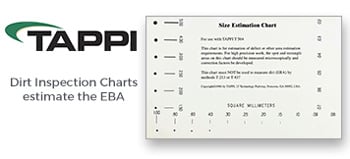Process Optimization, More Than Loop Tuning!, 2001 Process Control, Electrical & Info. Conference Proceedings
Ruel, Michel, P.E.--A better quality and a more efficient plant are not the only benefits of process optimization. The return on investment is excellent, the quality improves, the efficiency is better, and the people gain an excellent expertise. Chronic problems are found and a troubleshooting approach can be developed because of all the testing. Our experience in the field has shown us that the impact of good tuning is more important than equipment performance itself. However, before tuning a loop, one must verify that each component is operating properly and that the design is appropriate.
It has been estimated that 80% of process control loops cause more variability running in automatic mode than in manual. Studies showed that some 30% of all loops oscillate due to non-linearities such as hysteresis, stiction, dead band, and non-linear process gain. Another 30% oscillate because of poor controller tuning.
This paper will present a global approach to optimize your processes.
In North America, the majority of control loops have not been tuned to reach optimal performance. Very often during installation, the tuning parameters are left as the manufacturer defaults. When problems occur with control loops, people often tend to reduce the tuning parameters, as this is the quickest way to reduce instability.





